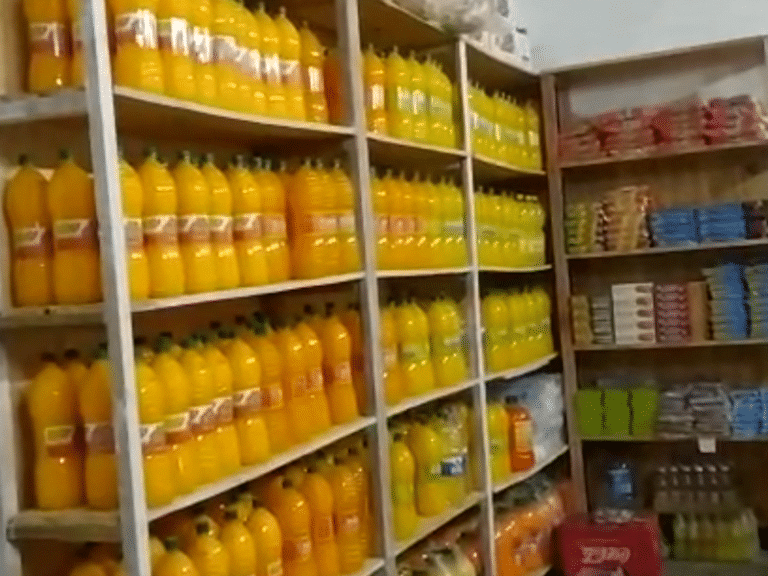Business skills are the future for international aid charities. The UK Government’s decision to cut its international aid contribution by almost 30% harms users of day-to-day poverty alleviation programmes, among many others.
Britain’s action demonstrates how fickle outside help can be for a country like Malawi. It is why the future of doing all the things that would enable people to live more tolerable lives in challenged countries, lies more in the direction of business practices than simply giving: give a fish, or teach to fish?
Most people would guess that the largest NGO in the world is something like US Aid; but in fact it’s BRAC (brac.net). BRAC demonstrated years ago that building social enterprises is a major step in liberating impoverished communities from the indignity and unreliability of standing in line for aid. Surely, generating income for a charity locally must be better than relying on outside help?
The Capacity Foundation is a drop of water compared to the ocean that is BRAC. But it’s achieving the same thing. With external fundraising curtailed by COVID-19, survival in the past year has hinged on bringing forward plans to supplement the charity’s funds with income from social enterprises.
The Chanju (meaning ‘love’) supermarket opened at the end of March and it’s on course to repay the capital investment by Christmas – and after that it will contribute its profit to the Capacity Foundation. This is a fine example of blending business principles with charitable need and social enterprises are a great vehicle for achieving that.
During the course of 2022 – barring unforeseen events – Chanju alone will pretty much cover the £25,000/$35,000 required to pay for all of Capacity’s programme overheads in Malawi. The Foundation’s aspiration has always been to enable the local community it serves to gain financial independence and that starts with the Foundation itself being financially sustainable. And Capacity’s social enterprises have created nearly twenty jobs as well as helping the local economy spin into the bargain.
International aid can be a good thing. Emergency aid will always be needed but Britain’s massive cut in ongoing aid illustrates an unfortunate truth: aid can be harmful if it isn’t actually ongoing.

